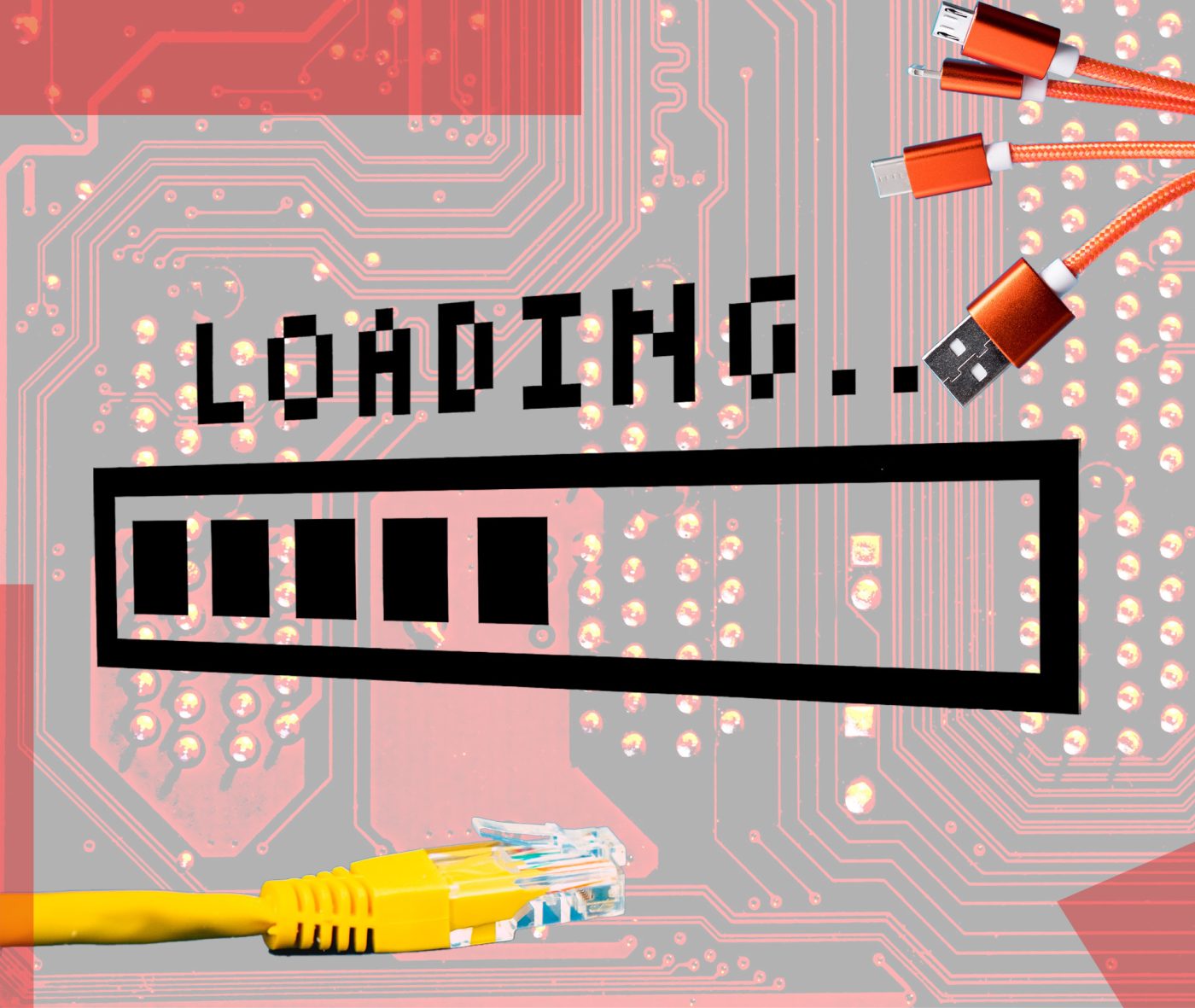The European Union is debating how to finance upgrades to its Internet infrastructure. In their opinion, data-hungry streaming and cloud companies consume a disproportionate share of Internet traffic and should pay extra for it.
A main argument is, “look, the US already practices such a surcharge – it’s called the Universal Service Fund.’’
That’s false.
Unlike European telephone operators, which are requesting direct payments from large tech companies, US telephone companies finance the US fund themselves. An independent body then spends the funds on connecting low-income and hard-to-reach customers, as well as connecting schools, libraries, and rural healthcare facilities.
The final part of this series outlines why a European Internet connectivity tax, in contrast, would go directly to the telephone companies without necessarily enhancing connectivity and improving service to European consumers.
As the United States’ approach to developing communications connectivity transformed over the past century, the European Union followed a different path. That’s understandable. The EU is an intergovernmental organization rather than a single country, and its telephone networks are developed country by country as state-owned monopolies.
Where universal service was a goal, heavy subsidies for local service meant cheap calls within a single country and expensive long-distance connections between European countries. Governments privatized European national champions during the 1980s. They created independent national telecoms regulators. Although these regulators began to formally cooperate through an EU agency in 2009, most European telecom regulation remained at the national level – with the notable exception of the EU-wide introduction of price caps on mobile roaming. Europeans now pay the same amount to receive calls or surf the Internet with their mobile phones when traveling inside the bloc as they do in their home country.
The EU and US face similar challenges with respect to uneven broadband access. In 2021, around 70% of EU households used high-speed Internet while in rural regions less than 40% used broadband. Significant gaps exist between EU member states. Malta, a small island, has achieved full broadband access, while only 20% of Greek households are connected (and almost none of its rural population). While Europeans typically pay less than Americans for internet services, they also generally receive slower connections. The EU’s ambitious connectivity goal to ensure that every EU household has access to high-speed Internet in 2025 seems more aspirational than achievable.
When the COVID-19 pandemic unleashed a dramatic increase in video calling and streaming, Europe’s Internet infrastructure came under severe strain. The European Commission requested video platforms such as YouTube and Netflix reduce their video quality to free up bandwidth. Despite these strains, Europe’s Internet infrastructure held up. Networks in the US did not experience similar problems. In fact, US operators, with their history of sustained private investment, offered heavily discounted or free services to keep Americans connected.
To reinforce and upgrade their networks, the European telecommunications industry is pushing for big tech and streaming platforms to pay their “fair share” of network costs. The industry argues that a small number of companies generate the bulk of network traffic and those companies, mostly American, should compensate the telephone companies that carry their traffic.
The idea represents a bad blast from the past. When most European telecom operators were public monopolies, it made sense for governments to set the terms and conditions for calls. Analogue circuit switching technology made it straightforward to split the costs based on the International Telecommunication Union’s established rates.
But the Internet overturned this equation. Seeking to recover lost funds, some governments, and incumbent telecoms, initially in the developing world, pushed for the development of an Internet cost-sharing model. Buttressed by economic analysis performed by the Organization for Economic Cooperation and Development (OECD), the United States, European countries, and other like-minded allies argued against applying the old telecom charging model to the Internet. It is impossible to simply split costs in a system where traffic routing is dynamic. And there was and is no evidence that telecom companies would use tax revenues from tech companies to invest more in networks.
Even so, the telecommunication industry’s argument has found traction in the European Commission. In September of 2022, Commissioner Thierry Breton announced that his office would explore a proposal to make large Internet firms pay their “fair share” of telecommunications infrastructure costs. Several member states, including France and Spain, have endorsed the idea. The argument crossed the Atlantic Ocean. Republican FCC commissioner Brendan Carr has argued for the US to consider similar proposals.
By charging big tech for infrastructure usage, studies commissioned by the telecommunications industry argue that European GDP and employment would rise, while carbon emissions would fall. Tech industry groups counter that the plan would raise costs for consumers and compromise the security and quality of their Internet service.
What’s indisputable is that by double dipping—seeking payment from their customers on one end and content providers on the other—the Internet’s current technical design and international standards would be threatened. Civil society groups and European parliamentarians have voiced concerns. NGOs fear that a “fair share” plan would kill EU net neutrality concepts enshrined in EU regulation.
In July 2022, 54 MEPs urged the Commission to consult agencies and the public prior to the proposal, noting that similar attempts to impose fees had failed in other parts of the world. In 2012, when European telecom companies floated a similar proposal, BEREC, the EU agency charged with coordinating and consulting on telecommunications policy argued that it would undermine the internet’s existing economic model and threaten innovation. BEREC again criticized the fair share idea when it was revived last year.
The current US approach is radically different from the ideas discussed in Europe. In the US, large and focused government investment and support now power broadband efforts. The 2021 Infrastructure Investment and Jobs Act allocated more than $65 billion in federal funds. The EU has not proposed a similar government funding plan, although it is funding digitization in its Covid-19 Recovery and Resilience Facility. This is much broader than the targeted US approach.
In a leaked draft of upcoming broadband legislation, the European Commission proposes several steps to reduce the cost of broadband development. Public land and resources should be made more available for deployment. New buildings should be required to include the latest connectivity technology. These ideas are worth considering, as are focused government investments, like what is happening in the US.
The Commission is going to publish a “future of the connectivity sector” consultation in February 2023. It remains to be seen if the European Commission will make recommendations undermining Europe’s commitment to net neutrality and preserving the international standards that underpin Internet interoperability.
Europe is right to focus on broadband development. How to achieve the desired connectivity is crucial. Consumers should be at the heart of any reform. Europeans should be able to rely on strong connections for new digital services at fair prices. If money needs to be raised to meet this goal, it should, as in the US, be managed by an independent body with clear connectivity goals.
Fiona M. Alexander is a Non-resident Senior Fellow with the Digital Innovation Initiative at the Center for European Policy Analysis (CEPA). She is a Distinguished Policy Strategist in Residence at American University. For close to 20 years, Fiona served at the National Telecommunications and Information Administration (NTIA) in the US Department of Commerce.
Alexander Wirth contributed research.
Bandwidth is CEPA’s online journal dedicated to advancing transatlantic cooperation on tech policy. All opinions are those of the author and do not necessarily represent the position or views of the institutions they represent or the Center for European Policy Analysis.





